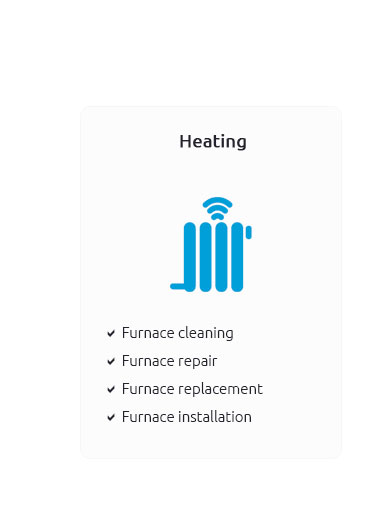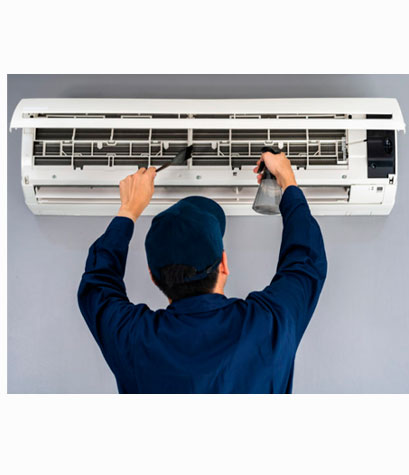 |
 |
 |
 |
 |
 |
 |
 |
 |
 |
 |
 |
 |
 |
 |
 |
|
When it comes to your home's comfort, don't settle for anything less than the best; our HVAC services connect you with local AC and heating experts who specialize in house heater replacement, ensuring your living space is a haven of warmth and efficiency, no matter the season-experience the seamless blend of expert craftsmanship and cutting-edge technology with our trusted contractors, and transform your home into the ultimate sanctuary, all while enjoying peace of mind knowing that you're backed by unparalleled expertise and dedication to excellence.
https://www.homedepot.com/b/Heating-Venting-Cooling-Heaters-Furnaces/N-5yc1vZc4lk
In order to deliver heat quickly to your home, ... https://modernize.com/hvac/heating-repair-installation/furnace
The average cost for furnace replacement or installation ranges from $767 to $14,796 which would include the cost of furnace system, ... https://www.reddit.com/r/massachusetts/comments/17api1k/cost_of_new_gas_furnace_install/
Single stage gas furnace will run $7-9K installed. 2-stage (assuming this is what you meant) will be more but I don't have any first hand ...
|